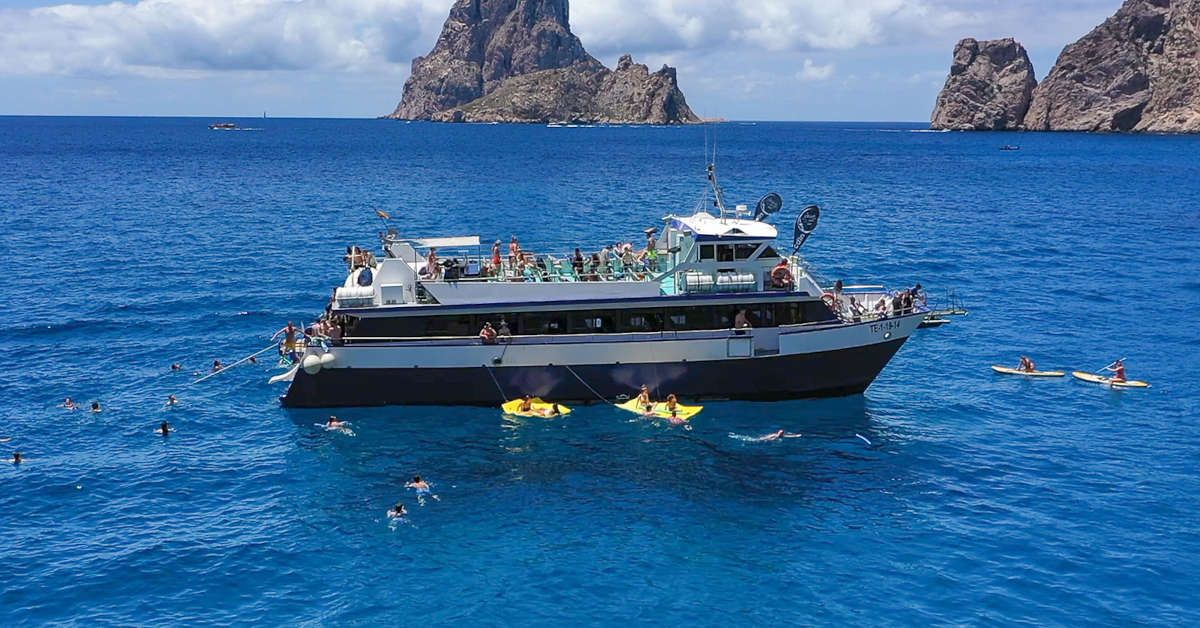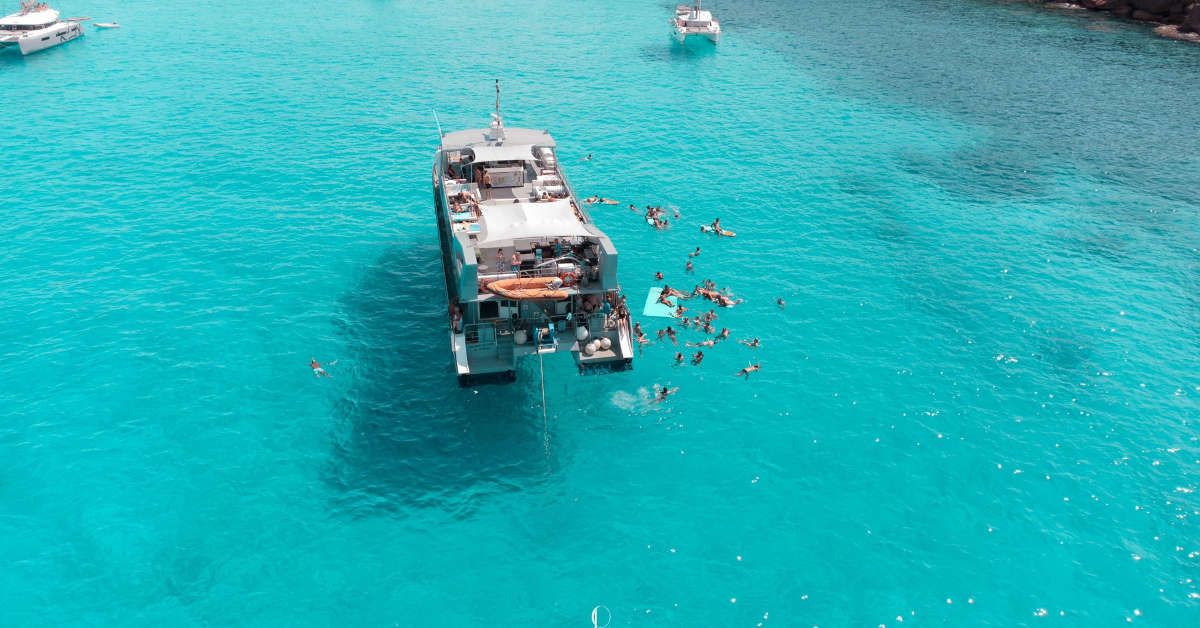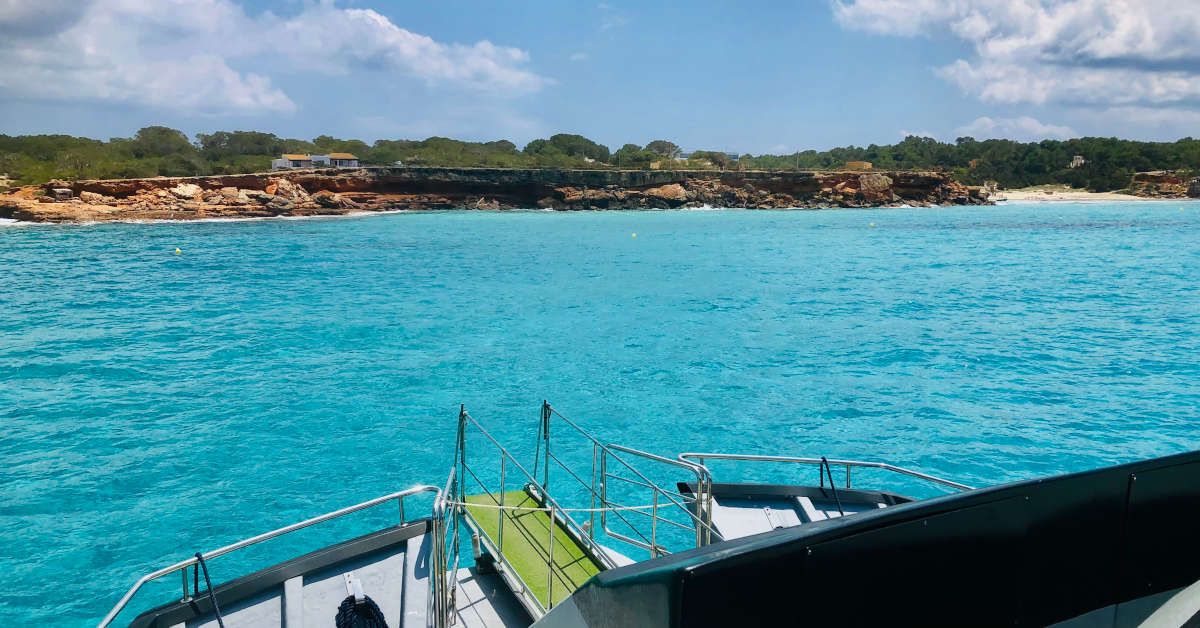
The excavations in La Mola (Formentera) are resumed
The team of Arqueobarbaria, a project with which Sea Experience Ibiza collaborates, returns to work. The excavation of cave 127 in La Mola in Formentera was planned for this March, but due to the health crisis it had to be postponed.
Pau Sureda, doctor in Archaeology and co-director of the excavation, explains that since 2012 they have been excavating "different rooms and in 2014 we started a parallel line of research focused on the funerary world".
Ancestral rituals to say goodbye to loved ones
The research in Cave 127, according to Sureda, "allows us to know not only how those people's lives were, but also what were the rituals that the prehistoric communities performed with their dead.
The works have been discovering in different phases how the life of the inhabitants of the island was 4,000 years ago. The site is one of the largest and best preserved Bronze Age sites in the Balearics.
Suspicions of the existence of "social class separation"
In an interview conducted by Periódico de Ibiza, Pau Sureda adds that "there were two different ways of understanding death: one was to take the dead to remote and narrow spaces like this cave and the other was to take the remains to more monumental spaces like the megalithic tomb of Ca Na Costa".
The archaeologist considers that "this duality is very interesting since it makes us suspect that there was a separation of social classes or different groups with different customs".
Arqueobarbaria in the local press
Below, we share with you several articles that have echoed the work of Arqueobarbaria in Formentera:
- Archaeologists return to search for human remains in the cave of La Mola (Periódico Ibiza)
- Do you want to know the excavations of the cave of La Mola? (Formentera Radio)
- The funeral rites of the Formentera people 4,000 years ago (TEF TV)

























